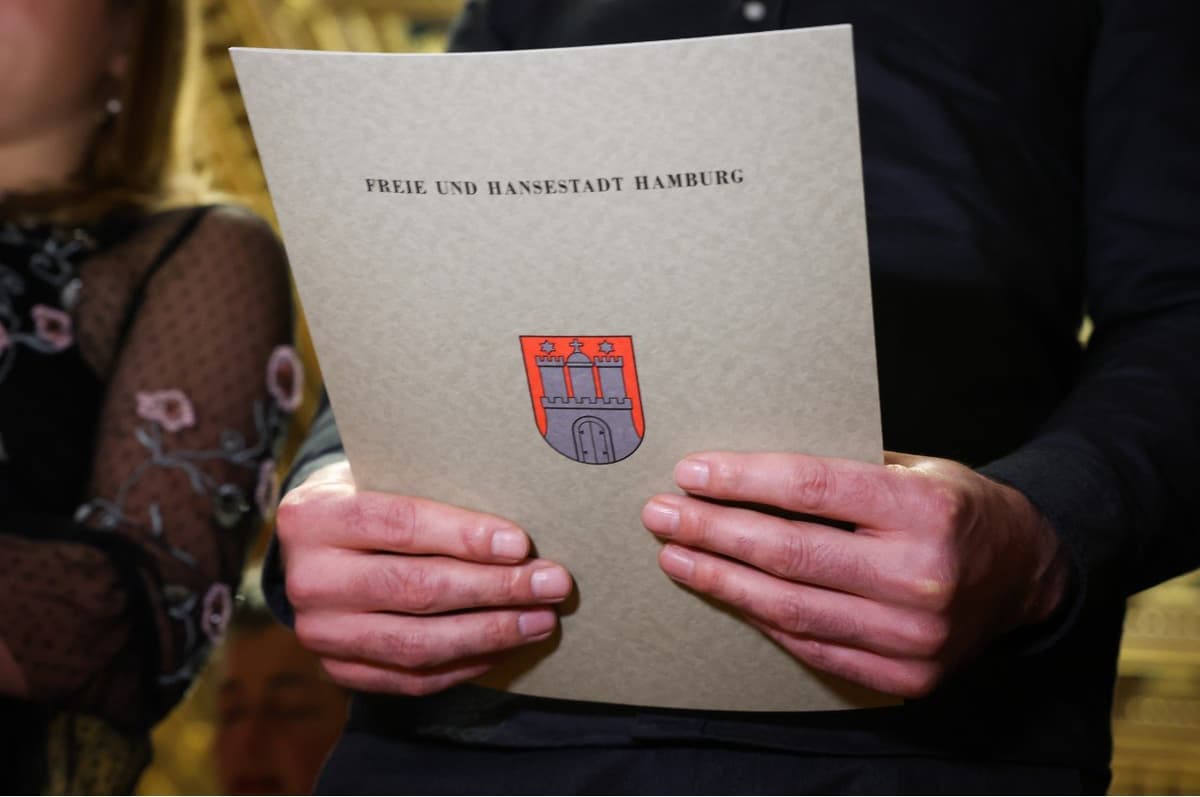Navigating Citizenship Requirements for International Students in Germany After Graduation 2025
Visa specialist helping students navigate immigration requirements.

Visa specialist helping students navigate immigration requirements.

Germany offers various pathways to citizenship for international students after graduation. These include naturalization, marriage, and descent. Each pathway has its own set of requirements and procedures.
Naturalization is the most common route for international students. Citizenship by marriage is an option if you marry a German citizen. Citizenship by descent applies if you have German ancestry.
To be eligible for naturalization, you generally need to have lived in Germany for at least five years. You must demonstrate proficiency in the German language and have no criminal record. You also need to show proof of financial stability and integration into German society.
International students typically need to reside in Germany for five years before applying for citizenship. During this time, you must hold a valid residence permit, such as a student visa followed by a work permit. As of June 27, 2024, the residency requirement was shortened from eight years to five years under new citizenship rules.

You must demonstrate financial stability to support yourself without relying on state aid. This can be through employment, savings, or other means. Having a job related to your field of study strengthens your application.
Proficiency in German is crucial. You typically need to achieve at least a B1 level on the Common European Framework of Reference for Languages (CEFR). Completing an integration course can also be beneficial, as it demonstrates your commitment to integrating into German society.
You will need your passport, birth certificate, and residence permits. Proof of income, language proficiency certificates, and integration course completion are also required. If applicable, include your marriage certificate.
Language proficiency can be a hurdle. Ensure all documents are accurate and complete to avoid delays. Seek advice from immigration experts if needed.
Germany offers an 18-month post-study work visa for international graduates. This visa allows you to search for employment related to your field of study. It provides a pathway to long-term residency and, eventually, citizenship.
You must have completed a degree from a recognized German university. Proof of health insurance and sufficient financial means to cover living costs are necessary. You should apply before your student visa expires.
After securing employment, you can transition to a work permit or EU Blue Card. The EU Blue Card is for highly skilled workers and requires a minimum annual salary of about USD 60,200 or USD 47,000 for certain professions. With a work permit or EU Blue Card, you can eventually apply for permanent residency.
To secure permanent residency, you typically need to have lived in Germany for five years. You must have held a valid residence permit throughout this period. Contributions to the statutory pension insurance fund for at least 24 months are also required.
Permanent residency is a stepping stone to citizenship. After holding a settlement permit for a certain period, you can apply for naturalization. This involves meeting additional criteria, such as passing a citizenship test.
Permanent residency offers stability and the right to live and work in Germany indefinitely. It also allows for easier travel within the EU. You can bring your family members to join you in Germany.
Germany offers clear pathways to citizenship for international students. Understanding the requirements and preparing thoroughly can increase your chances of success. From post-study work visas to permanent residency, each step brings you closer to becoming a German citizen.
Key Takeaways:
If you are interested in knowing more about living costs, check out our blog post on what international students need to know about living costs in Germany for 2025. For those considering vocational training, our guide on top Ausbildung courses in Germany for international students in 2025 provides valuable information. Also, our post on how to secure permanent residency in Germany after your studies in 2025 gives detailed steps and requirements.
— in Career Opportunities
— in Cultural Adjustment
— in Country Guides
— in Scholarships
— in Country Guides